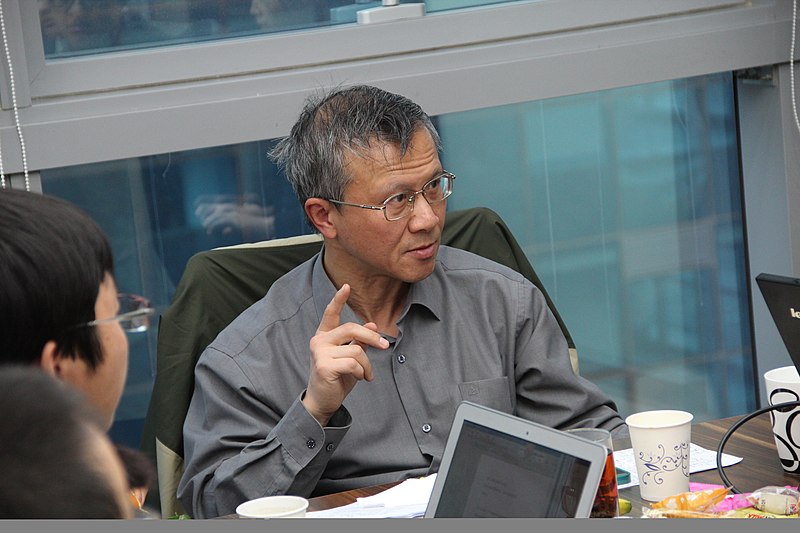By Jerome A. Cohen
Officials in Hong Kong are now planning to allow “rendition” (the Hong Kong-Mainland equivalent of international “extradition”) of criminals to China. This would be a major change and a development that concerns Hong Kong’s special human rights protections.
The United States, Canada, the United Kingdom and Australia have not finalized extradition treaties with China largely because of their concerns about the pervasive problems in China’s criminal justice system, including arbitrary detention, torture and other cruel treatment, coerced confessions, political prosecutions, unfair trials and capital punishment, especially for nonviolent crimes. For similar reasons Hong Kong—China’s Special Administrative Region—has not been able to conclude a “rendition” agreement with the PRC Central Government.
Hong Kong’s current plan to finally move towards a full rendition agreement with the Mainland must not violate the human rights protections that it acquired while still a UK colony under the International Covenant on Civil and Political Rights. The PRC promised to honor these protections after the former colony’s return to the Motherland. They include the non-refoulement principle, which requires governments not to expel any person to another territory if this would result in exposing him to the danger of arbitrary deprivation of life, or torture or other cruel, inhuman or degrading treatment or punishment (and other serious violations of human rights, including, notably, expected violations of the right to a fair trial).
My colleague Yu-Jie Chen and I have written an article on the human rights problems in Taiwan’s cross-strait “repatriation” agreement (also similar to an extradition arrangement but, like “rendition”, applicable to relations between governments of different parts of China) with Mainland China (see Yu-Jie Chen & Jerome Cohen, "China-Taiwan Repatriation of Criminal Suspects: Room for Human Rights?," Hong Kong Law Journal (2018), SSRN link here). The lessons learned from Taiwan’s experience with the Mainland should be of interest to those who are considering whether Hong Kong should strike a“rendition” deal to send fugitives to suffer the fate of those subjected to Mainland justice. Analogies to the protections provided in conventional international extradition treaties also must be considered.







